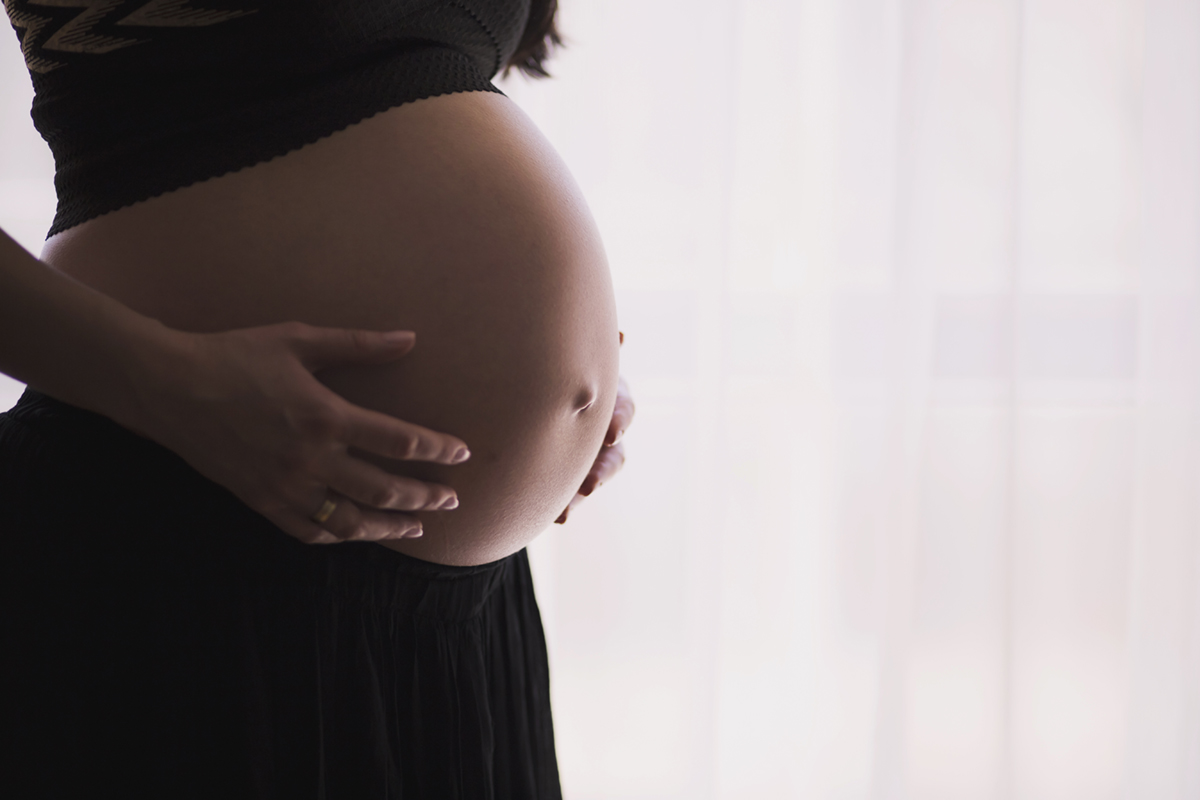
What can cause the pain in the groins during pregnancy?
Just like anything pregnancy-related, one of the potential causes of the pain in groins can be found in the hormonal changes that the body goes through. What happens is that the level of hormones, like progesterone and relaxin, rises significantly, and they go on to release the tension in the muscles and joints and prepare the body for the birth. One of the ways of the body to prepare for the upcoming birth is by stretching the groin muscles so that the woman has the ability to go through with labor.
Sometimes,the stretching of the groin muscles is not a hormonal issue, but rather a structural one. The fact of the matter is that during pregnancy, with the baby growing every day, the stomach muscles and the uterus are bound to spread with it. But these are not the only body parts that carrying a baby put a strain on as most of the surrounding areas affected by it, one of them being the groinarea.
Anotherpossible reason for experiencing groin pain is weight gain. Gaining weight is an inevitable part of pregnancy because of the growing baby inside of the mother. This process starts putting more and more strain on the pelvic area and the hips, which are stretching in order to make room for the baby.
Thepressure that falls onto the area around the hips can also present itself while standing in one place for very long periods of time and due to accumulated stress. The pain in the groins is merely the consequence of all the unpleasant muscle stretching.
When the round ligament, which is the base ligament of the uterus that connects all of the surrounding body parts, experiences painful sensations, it means the uterus and the pelvis are expanding in order to be ready for the baby. The groin pain is here the result of the stretching uterus and hips.
Whatdifferentiates the harmless groin pain from the one that might be a reason for concern?
The first sign of something being wrong in the groin area is the intensity of the pain which is shooting through it and the fact that it keeps becoming stronger and stronger. This pain sometimes resembles the menstrual cramps far too much. And should the persistent pain be followed by any kind of vaginal bleeding, then the doctor should be consulted at once.
















Your thoughts on this
Loading...